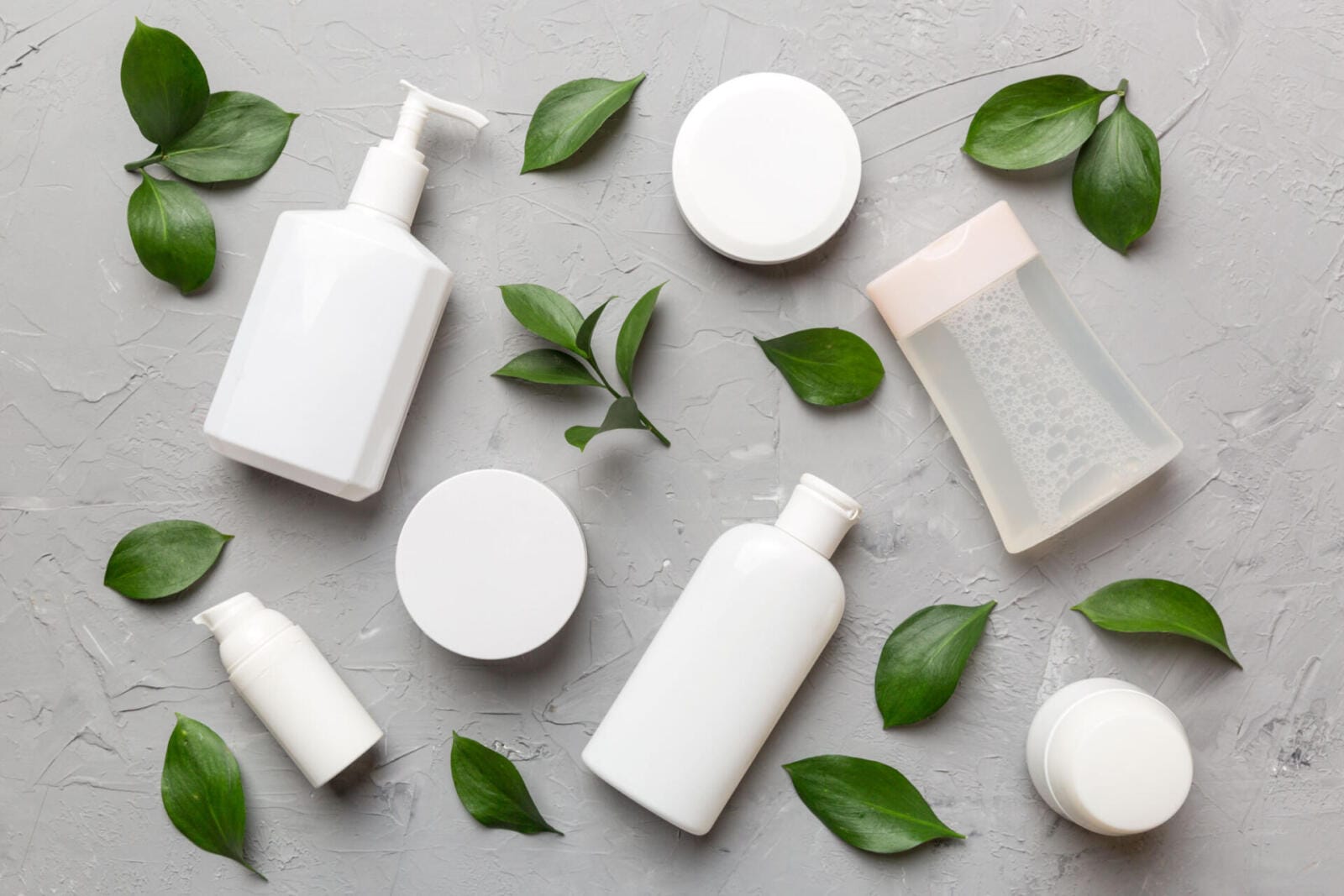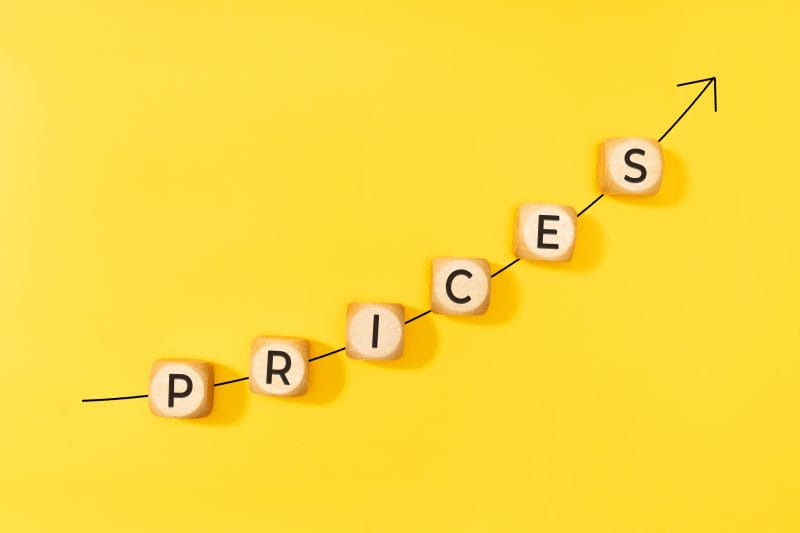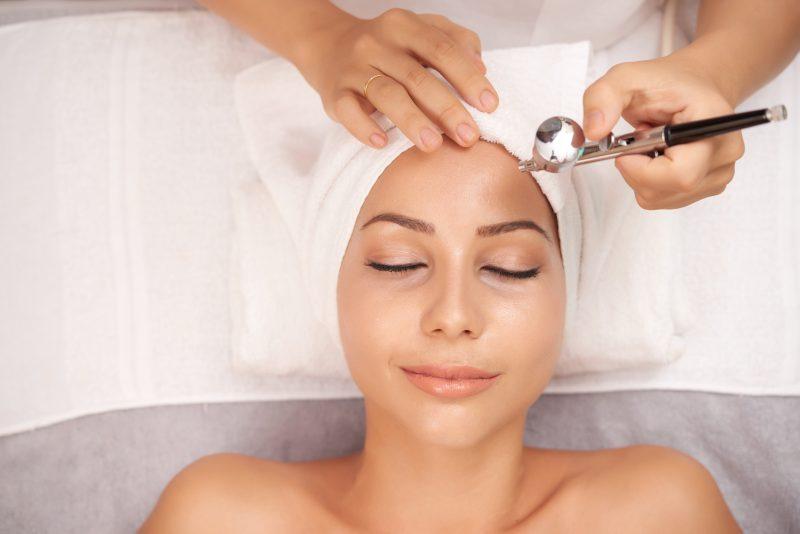Professional Skincare, Salon Biz
Should Your Salon or Spa Sell Your Own Products or Known Brands
A woman leaves a salon with glowing skin, a new hairstyle, and a sense of renewed confidence. But something’s missing. As she steps out the door, she remembers the products the stylist recommended but didn’t purchase them—because they weren’t available. This scenario might sound all too familiar for salon and spa owners. Offering retail products is no longer just an add-on; it’s a critical revenue stream. Yet, the question remains: should you sell your own private-label products, or stick with trusted known brands?
The answer isn’t as straightforward as it might seem. Both options have unique advantages, and the right choice depends on your business goals, target audience, and brand identity. Let’s explore both sides to help you make the best decision for your salon or spa.
Building Your Brand with Private-Label Products
Creating your own line of products has undeniable appeal. It’s an opportunity to extend your brand beyond your services and establish yourself as a thought leader in the beauty industry. Private labeling allows you to control the formulation, branding, and pricing of the products you sell. This level of autonomy can lead to better profit margins and customer loyalty.
Clients often look to their salon or spa professional for trusted advice on what works best for their hair, skin, or body. Offering your own line sends a clear message: “We believe in this so much that we put our name on it.” It’s a bold move that builds trust and positions your business as an authority.
Additionally, private-label products create a sense of exclusivity. Clients can’t buy them at a big-box retailer or online—they have to come back to you. This helps establish a unique selling proposition (USP) and builds repeat business. According to a study by Small Business Trends, repeat customers are 50% more likely to try new products from a business they already trust. Imagine the potential growth this could drive for your salon or spa.
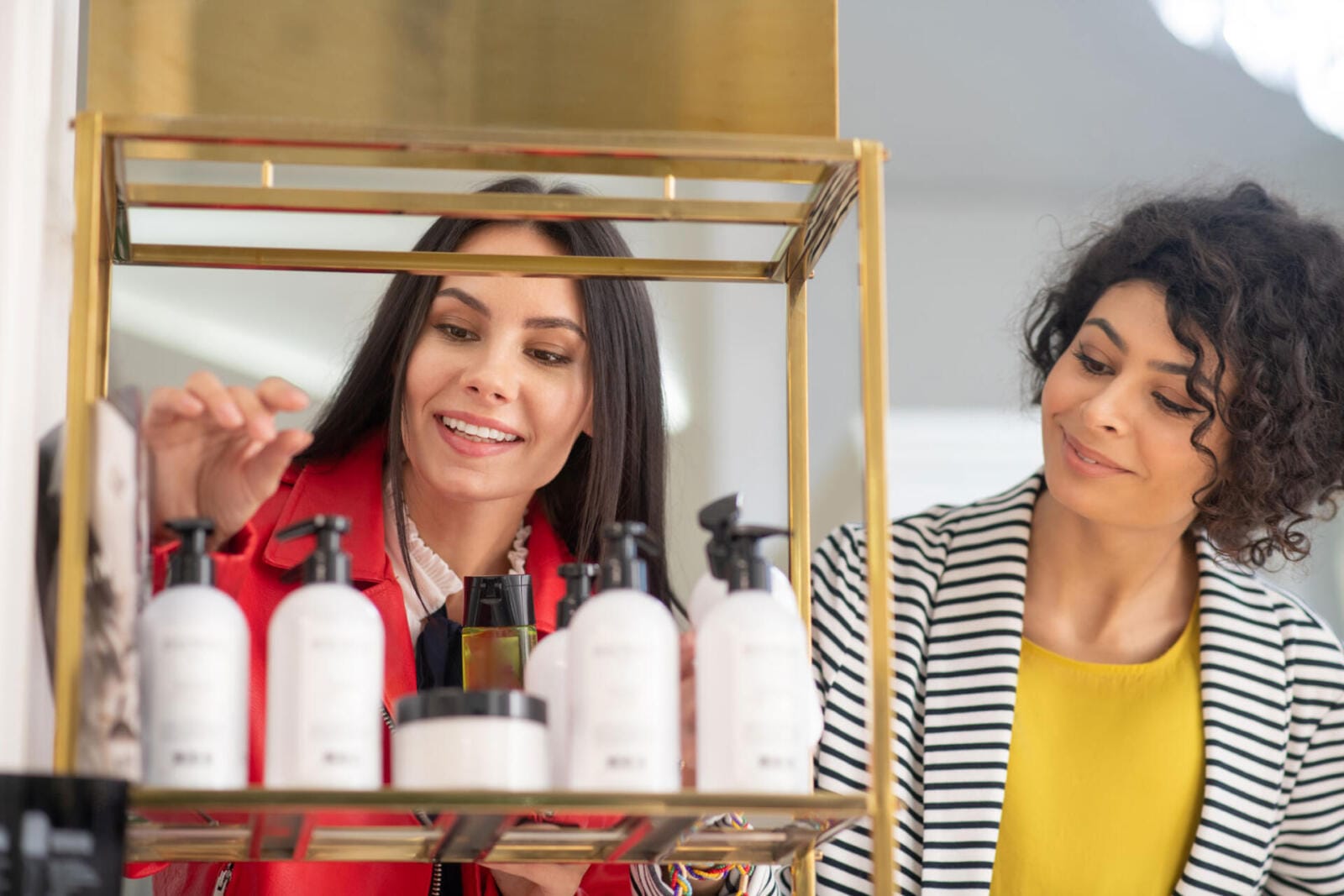
Yet, private labeling isn’t without its challenges. It requires upfront investment, not only in product development but also in packaging, marketing, and inventory management. The process of formulating high-quality products that align with your brand can take time and expertise. Partnering with trusted manufacturers, such as Aesthetics Unique, can simplify this journey. Known for their innovative skincare solutions, Aesthetics Unique offers private-label opportunities that give businesses access to scientifically developed products without the hefty development costs.
Why Known Brands Hold Their Ground
On the other hand, selling well-established brands comes with built-in trust and credibility. Clients are already familiar with these products, which makes the sales process easier. Known brands often come with professional training, marketing materials, and support to help you sell their products effectively. This can save time and effort, allowing you to focus on your core business—providing exceptional services.
Consider skincare, one of the fastest-growing categories in beauty retail. Partnering with a brand like Aesthetics Unique can elevate your salon or spa’s reputation. With decades of experience and a proven track record, their products are often a perfect fit for businesses that want to offer high-quality, results-driven solutions without the complexities of private-labeling. A 2023 study by Statista revealed that global skincare sales are projected to exceed $200 billion by 2026. Tapping into this market with a trusted brand can be a significant revenue driver.
Another advantage of selling known brands is the reassurance they provide to clients. Some customers prefer sticking with names they’ve seen or used before. Offering these options caters to a broader audience, including those who may be skeptical about trying a lesser-known private label.
However, relying solely on known brands can have its drawbacks. Your salon or spa risks becoming just another retailer rather than standing out as a unique destination. Plus, the profit margins may not be as high compared to private-label products, as manufacturers typically set minimum advertised prices (MAP).
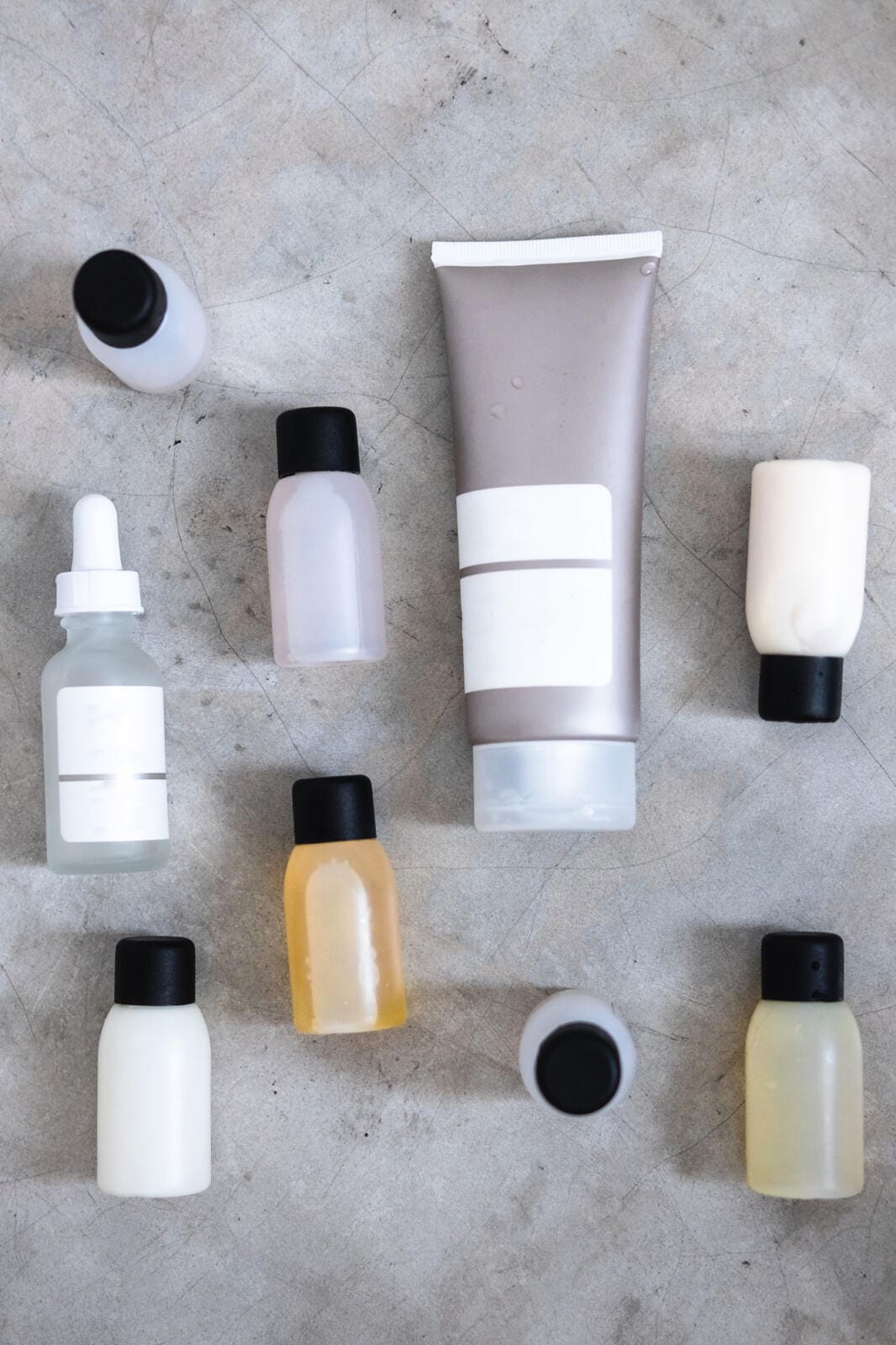
Balancing Profitability and Trust
Deciding between private-label and known brands often comes down to profitability versus trust. Private-label products typically offer better margins because you control the pricing. However, the initial investment and ongoing management can be daunting, especially for smaller businesses.
Known brands, on the other hand, may have slimmer margins, but they offer an easier sales process thanks to their established reputation. They also require less marketing effort since clients are already familiar with them.
The key is to assess what matters most to your business. If your goal is to build a distinctive brand and retain more of the profits, private-label products might be the way to go. If you prefer to leverage the credibility of existing names to boost retail sales, stick with known brands.
The Hybrid Approach: Why Not Both?
For many salons and spas, the best option might be a mix of both. Offering a blend of private-label and known-brand products can give you the best of both worlds. Start with a few core private-label items—products that align closely with your brand’s identity and cater to your clients’ most common needs. Think about signature shampoos, conditioners, or a skincare line that reflects your expertise.
At the same time, stock popular products from brands like Aesthetics Unique. Their reputation for effective, high-quality skincare complements many private-label offerings without creating direct competition. This strategy allows you to cater to different client preferences while maximizing revenue potential.
Building Long-Term Success
Regardless of which path you choose, the ultimate goal is to create a seamless client experience that extends beyond their visit. Think about how your retail offerings enhance your services and build loyalty. For example, offering an exclusive serum as part of a facial service can create a natural segue to selling the product.
Educating your team is equally important. Clients trust their stylists, estheticians, and therapists to recommend products that will work for them. Train your staff to confidently talk about both private-label and known-brand products, highlighting their benefits and how they complement each client’s needs.
The Future of Salon and Spa Retail
The beauty industry is evolving, but one thing remains constant: clients want effective, high-quality products they can trust. Whether you decide to create your own line, stock established brands, or pursue a hybrid approach, the key is to align your retail strategy with your brand identity and client needs. Done right, retail sales can transform your salon or spa into a go-to destination for more than just services.
Making the right choice requires careful consideration, but the rewards—a stronger brand, loyal clients, and increased revenue—are well worth the effort. Now, the next time a client steps out your door, they won’t just leave with confidence. They’ll leave with the products to keep that feeling alive.


